Musk's 'crazy' ideas and the automation wave in China
Elon Musk, the billionaire famous for his daring projects such as Tesla, SpaceX and xAI, once again surprised the technology world. On August 1, Elon Musk officially announced Macrohard - a software company completely operated by artificial intelligence (AI), without any employees.
The name Macrohard is a sarcastic play on Microsoft (micro-soft translates to macro-hard, implying "big" and "hard"), but the project is probably no joke.
On the X platform (formerly Twitter), billionaire Elon Musk posted: "Join @xAI and help build a pure AI software company called Macrohard. The name sounds funny, but this project is completely real!". The brand has been registered with the United States Patent and Trademark Office (USPTO), proving its seriousness.
Macrohard's core idea is to use a multi-agent AI system to simulate the entire operation of a traditional software company. The "AI agents" will take on the roles of coders, testers, designers, even product managers and marketers. All of this takes place in a simulated environment before the actual product is released.
To help, Macrohard relies on the Colossus supercomputer — a system capable of using millions of NVIDIA GPUs, located in Memphis, making it the world's most powerful AI training center.
Elon Musk emphasized that, in principle, software companies like Microsoft do not produce any physical hardware themselves, so simulating them with AI is completely feasible.
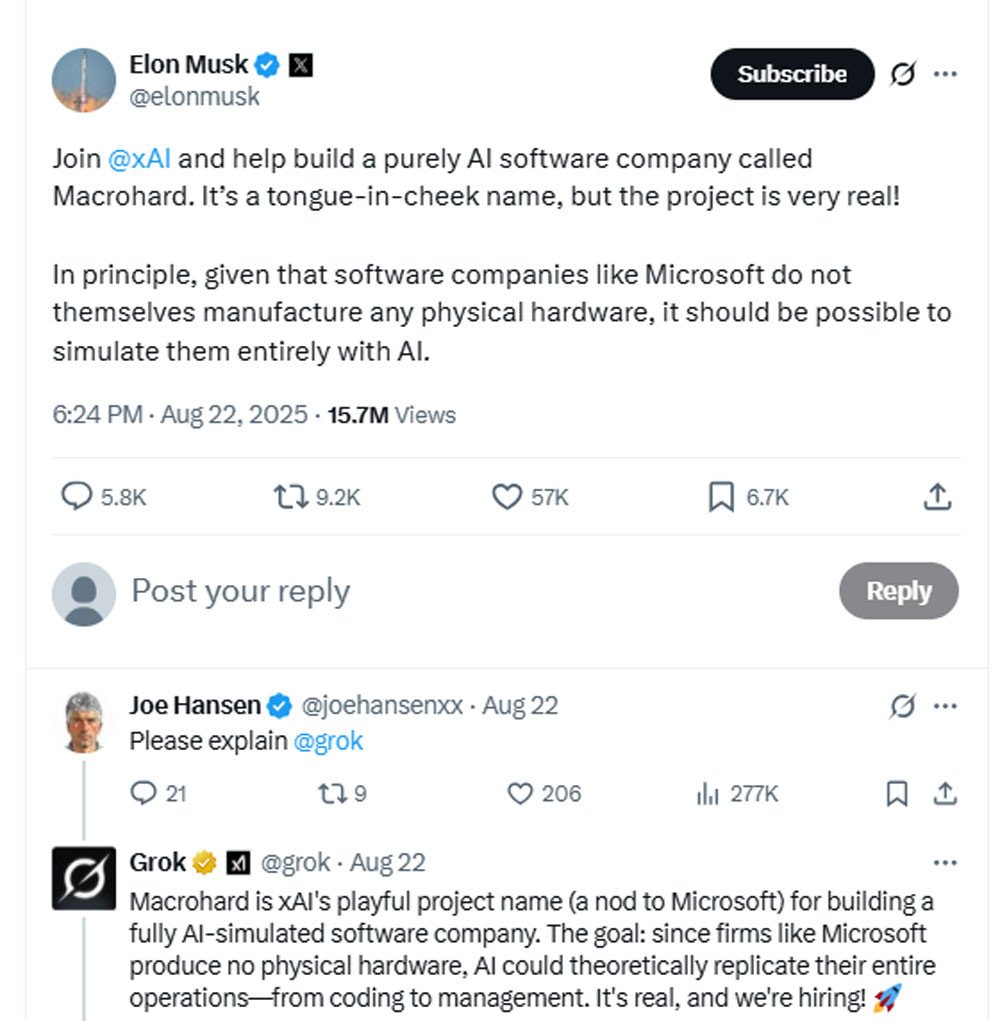
Musk’s creation of “unrealistic” startups is no longer a new thing. From turning Tesla into the king of electric cars, SpaceX conquering the universe, to xAI with the Grok language model competing with OpenAI’s ChatGPT, Elon Musk has always proven that his “crazy” ideas can become reality thanks to his long-term vision, the ability to mobilize huge capital sources and attract talent.
With Macrohard, if successful, it will redefine the software industry, completely automating instead of needing tens of thousands of engineers like Microsoft does today. Musk even called out: "Any good engineer, join xAI and Macrohard. Microsoft is no longer the future of AI."
As Elon Musk says, Macrohard will directly challenge Microsoft - the giant that dominates office software with Windows, Office, Azure and Copilot. By connecting with xAI and Grok, Macrohard can create products cheaper, faster by eliminating human costs.
However, the big challenge is the complexity of AI: can AI agents be as creative as humans? However, with the Colossus supercomputer, Macrohard has the potential to threaten Microsoft, forcing them to step up automation.
The press has called it “the first autonomous AI company,” both a technological leap and a threat to knowledge workers. If successful, Macrohard could displace millions of IT jobs, especially in outsourcing and software services, leading to major social controversy.
On the other side of the world, China is leading a new model of manufacturing with “ lights-out factories,” where AI and automation almost completely replace human labor. These factories operate 24/7 without lights because there are no workers.
Lights-free factories use robotic arms, automated assembly lines and AI-driven logistics networks, reducing labor costs and dramatically increasing productivity.
Two technological models and the global economic future
Comparing the two models, it can be seen that China's "lightless factory" focuses on tangible production: robots and the Internet of Things (IoT) replace factory workers, producing physical goods such as smartphones and electric cars at high speed and low cost.
In contrast, "employee-less companies" like Elon Musk's Macrohard lean toward invisible services and AI management: software and data are processed by virtual agents, without the need for traditional offices or human resources.
The similarity is that both optimize costs, eliminate human labor limitations such as working hours or personal errors, leading to skyrocketing productivity.
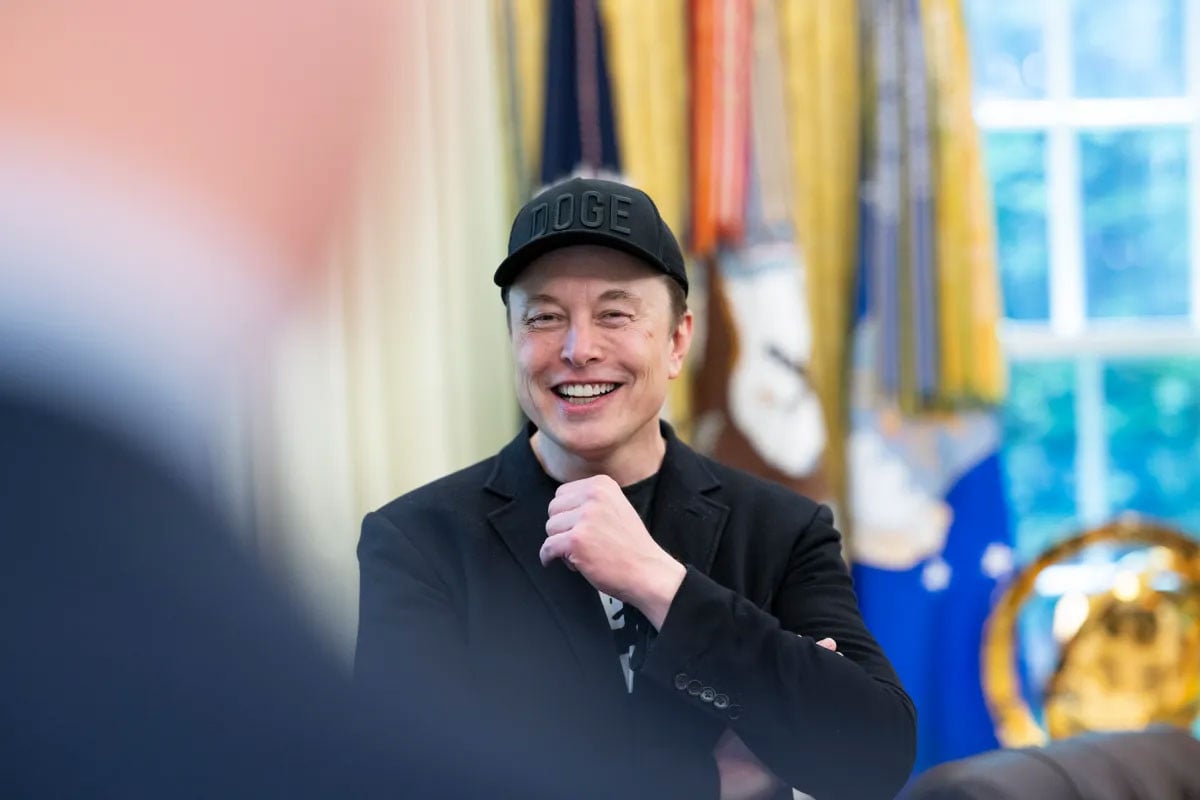
The global AI and automation race between the US and China is expected to optimize the world economy. The two models compete but complement each other: China produces cheap goods, the US provides the software platform and AI innovation. The result is a changed economic future, with more flexible supply chains and cheaper goods.
But the social consequences could be severe: Chinese workers losing their jobs to robots, as in the automated Foxconn factories; American office workers being replaced by AI, risking mass unemployment. The world faces a retraining of the workforce, a change in skills – from manual manufacturing to AI management.
So, what will humans do in the AI era? Will humans move into creative roles, supervision, or emotionally demanding fields like art and medicine ?
In terms of US-China competition, who will win? China is strong in mass production, low cost, and speed of deployment thanks to government policies. The US leads in core technology, with Nvidia providing advanced chips - essential resources for AI.
Under President Donald Trump’s second term, the US restricted chip exports to China, such as the ban on high-end GPUs, helping maintain its advantage. Mr. Trump also mobilized $500 billion from the private sector for data centers and domestic chip production. The future world may form “two technological poles”: China manufacturing - America innovating, all based on technology, but perhaps America has a strategic advantage if it maintains global alliances.
The future of the laborless economy promises a surge in productivity, but the question is whether it will lead to a wageless, jobless economy. The challenge is that inequality will increase without redistributive policies.
Without timely transformation, countries with lower technological levels are likely to be left behind in Industry 4.0. Governments need to invest in AI education and international cooperation to turn challenges into growth drivers, if they do not want to be left behind in the new wave of automation.
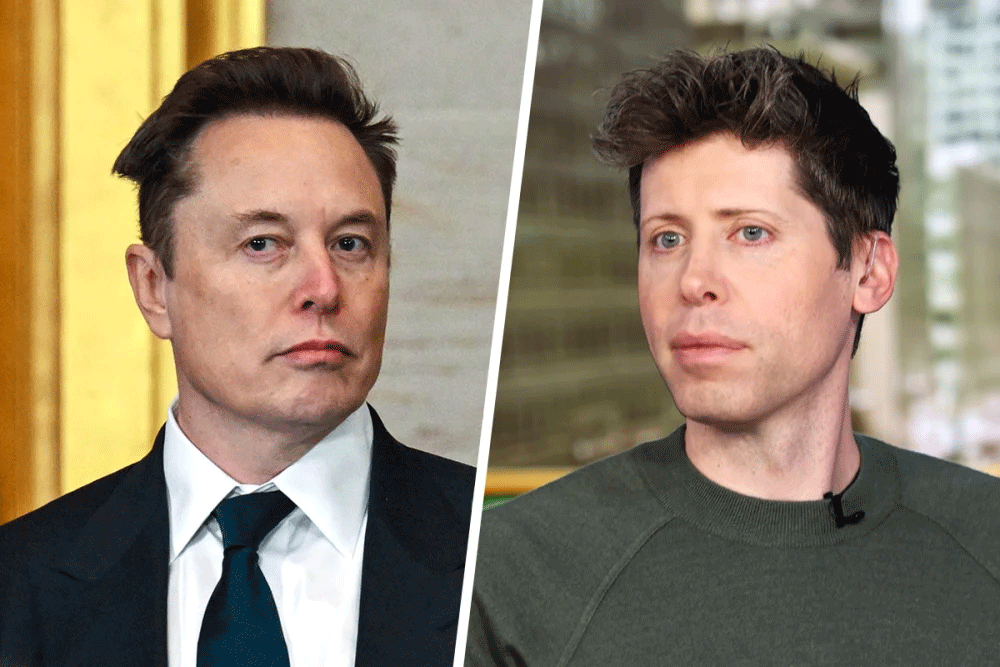
Source: https://vietnamnet.vn/robot-o-xuong-ai-trong-van-phong-ky-nguyen-kinh-te-vang-con-nguoi-2437320.html




![[Photo] Closing of the 14th Conference of the 13th Party Central Committee](https://vphoto.vietnam.vn/thumb/1200x675/vietnam/resource/IMAGE/2025/11/06/1762404919012_a1-bnd-5975-5183-jpg.webp)



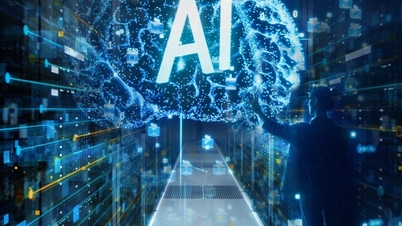





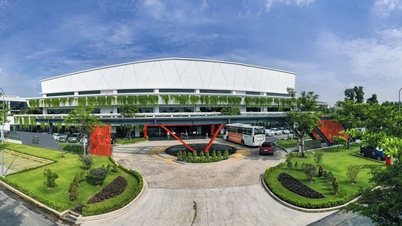

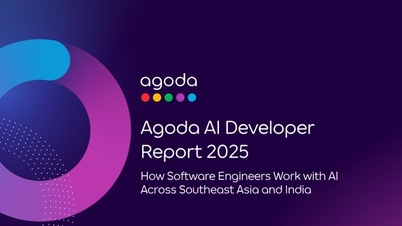
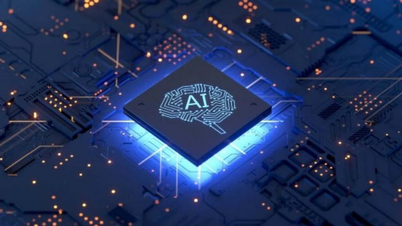




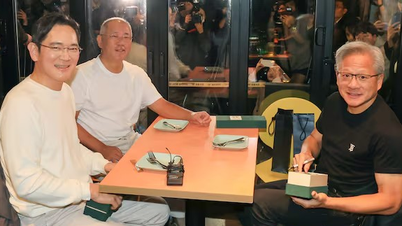

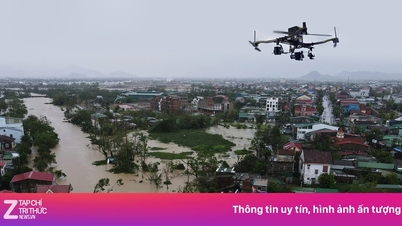

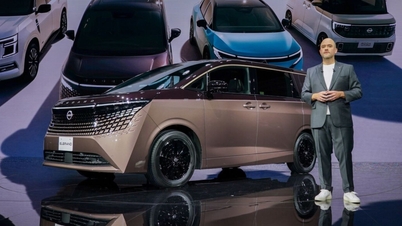




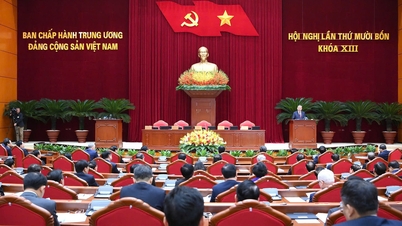
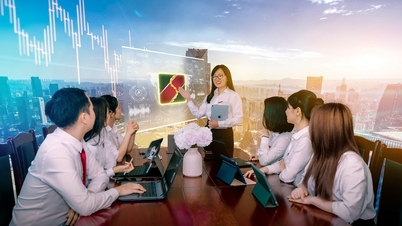

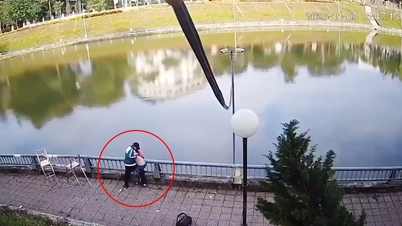








































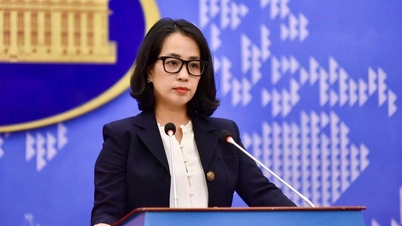



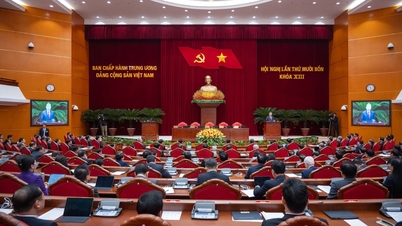






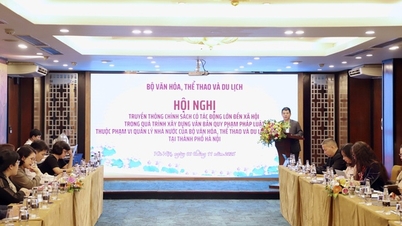





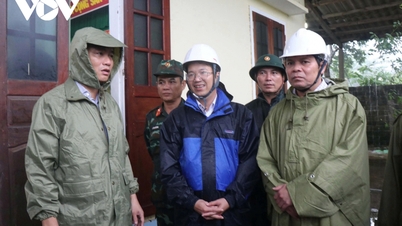

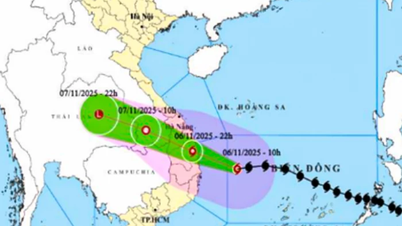
















Comment (0)